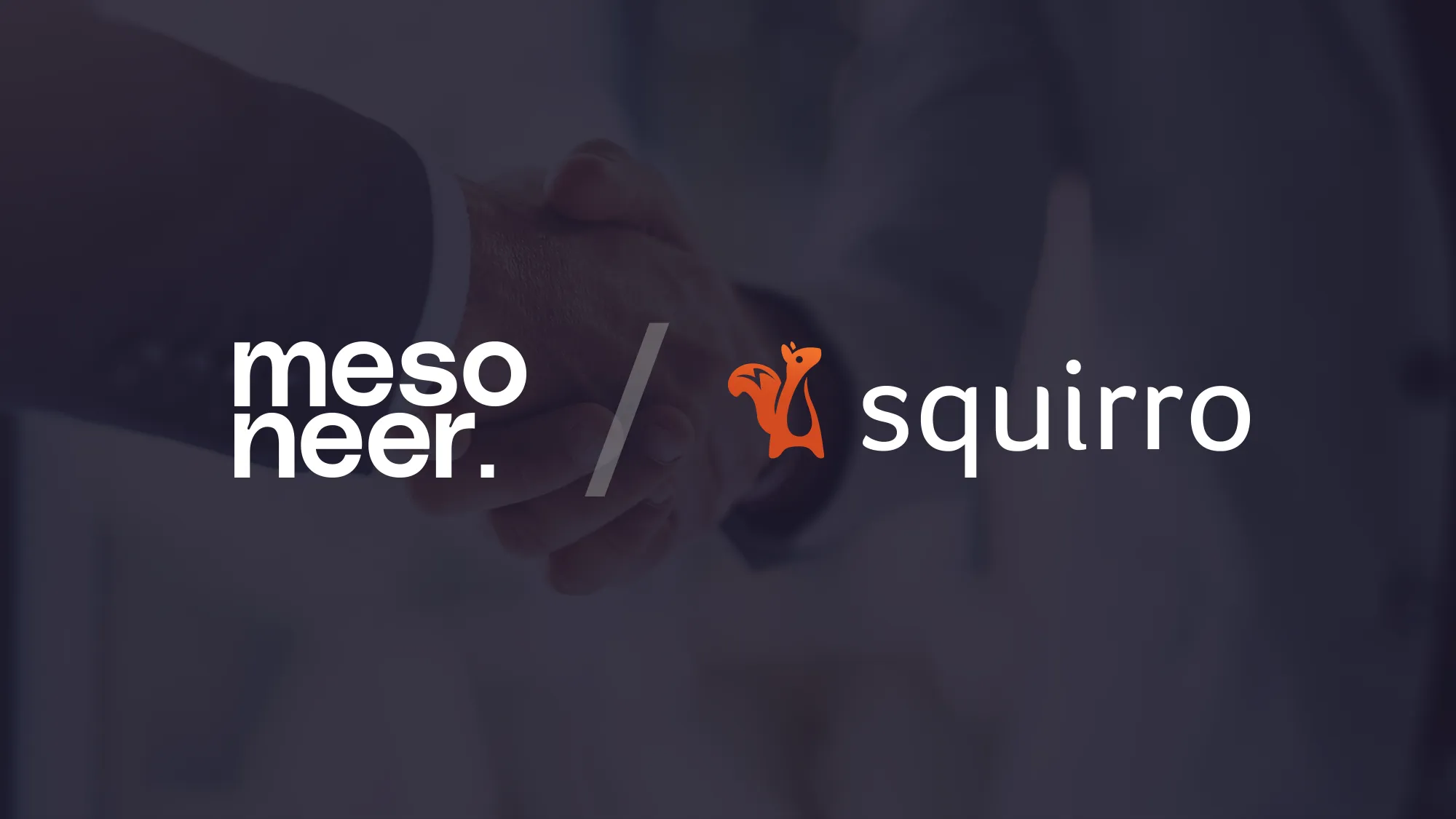
eIDAS and ZertES – a comparison of two regulations
eIDAS (Electronic Identification, Authentication and Trust Services) – now already in version 2.0 – is the EU regulation that creates uniform rules for electronic signatures, seals and identity services within the member states. It differentiates between simple, advanced and qualified electronic signatures. The latter have the highest probative value and are equivalent to a handwritten signature. In addition, eIDAS defines electronic seals that are specifically intended for legal entities (e.g. companies, authorities) to confirm the integrity and origin of electronic documents.
The Swiss ZertES (Federal Act on Electronic Signatures) is a national law that sets the standards for electronic signatures and seals. While the system is aligned with eIDAS, there are differences in the regulation and certification of trust service providers. Under Swiss law, the qualified electronic signature (QES) has the same legal force as a handwritten signature, but it is not automatically recognised in the EU.
In both the EU and Switzerland, the law only refers to electronic signatures. The term ‘digital signature’ is often used as a synonym in everyday language.
International recognition and differences
While eIDAS applies throughout the EU, there are also European countries outside the EU that recognise eIDAS-compliant electronic signatures. These include, among others, countries in the European Economic Area (EEA) such as Norway, Iceland and Liechtenstein, which have adopted eIDAS regulations.
There is currently no mutual recognition of electronic signatures between Switzerland and the EU. This means that a QES created in accordance with the ZertES is not automatically recognised in an EU country and vice versa.
Outlook: negotiations on mutual recognition
On 29 January 2025, the Swiss Federal Council instructed the Federal Department of the Environment, Transport, Energy and Communications (DETEC) and the Federal Department of Foreign Affairs (FDFA) to draw up a mandate for negotiations with the EU on the mutual recognition of electronic signatures. The aim of these negotiations is to ensure that electronic certificates issued by an EU member state are also valid in Switzerland and vice versa.
Mutual recognition will not be implemented until such an agreement is concluded. Companies that operate in both jurisdictions should therefore ensure that their signature solution supports both eIDAS- and ZertES-compliant signatures to enable digital business transactions in both markets.
Waiting is not an option here – those who implement compliant solutions at an early stage will gain a competitive advantage, as legally secure digital processes strengthen efficiency, flexibility and trust among business partners and customers.
What companies should look out for:
- Legal compliance: Companies that o
perate internationally should ensure that their digital signature solution covers the jurisdiction to which their contracts are subject (legal status), regardless of the company's registered office. - Level of security: Depending on the application, a simple, advanced or qualified signature may be required.
- User-friendliness: A good digital signature solution should be easy to use and seamlessly integrated into existing business processes.
Conclusion: The future is digital
Companies should rely on electronic signatures to ensure legal security and optimise processes. Electronic signatures are an important step towards paperless processes. ZertES and eIDAS provide the framework for a digital, secure and efficient future. It is important to take into account the respective legal situation and cross-border recognition.
With signeer, mesoneer offers a signature solution that enables both ZertES and eIDAS compliant electronic signatures. This allows companies to sign securely and legally in both jurisdictions and with all security levels – simple, advanced and qualified – regardless of whether contracts are subject to Swiss or EU law. Contact us!
Frequently asked questions
No. ZertES applies only in Switzerland. The EU requires an eIDAS-qualified signature. However, some providers are recognized in both systems.
Secure and legally valid signatures with signeer!
With signeer from mesoneer, you can sign documents in a legally compliant manner in accordance with ZertES and eIDAS – securely, easily and across borders. Rely on digital efficiency and legal security. Find out more now!
Related Blog Posts





